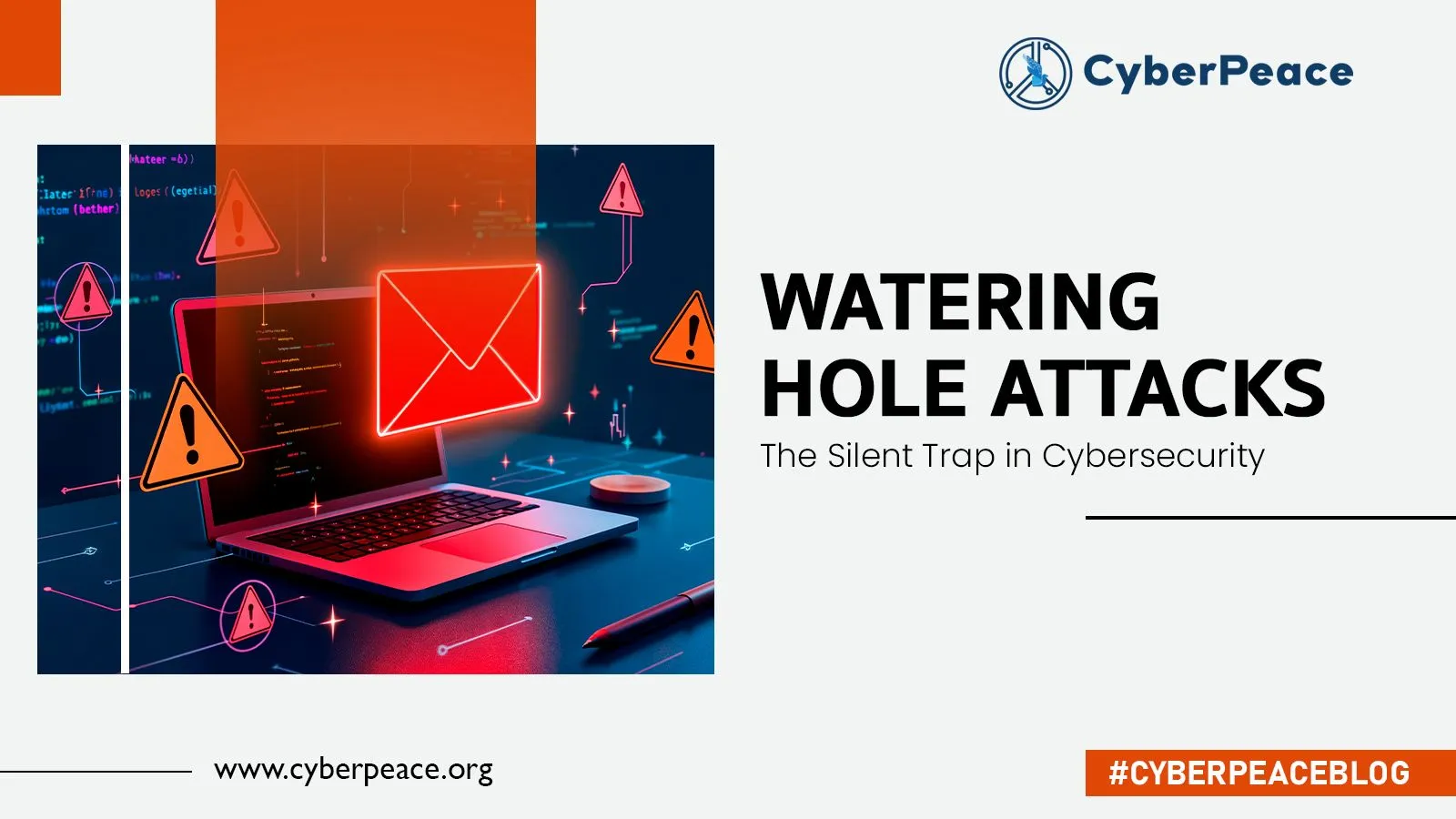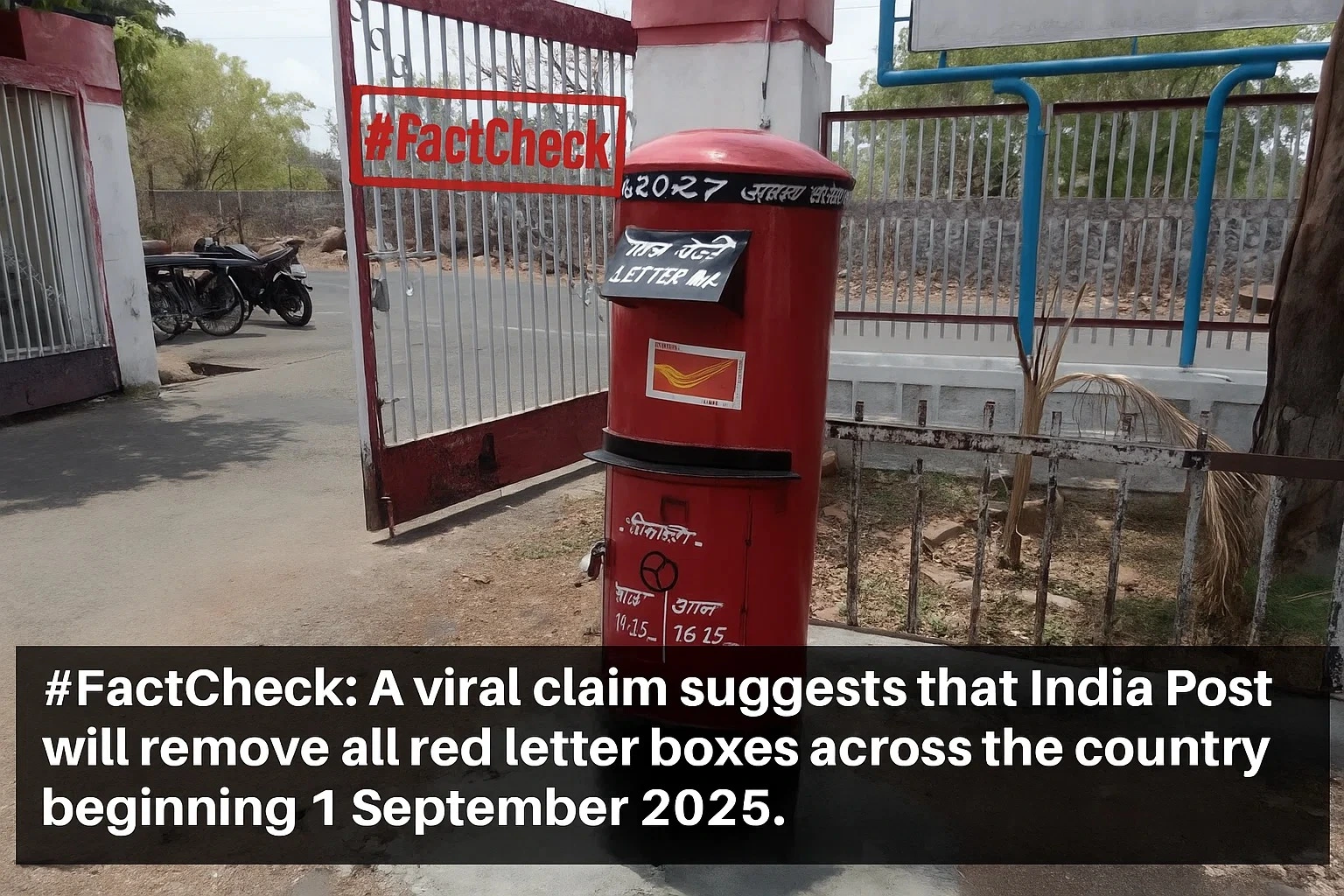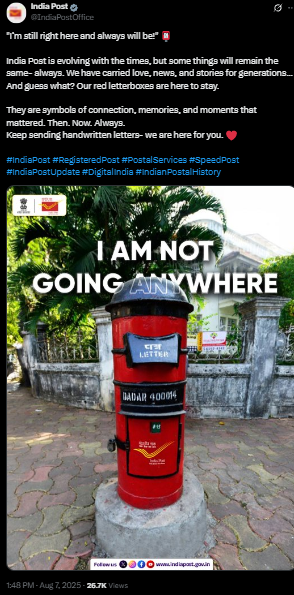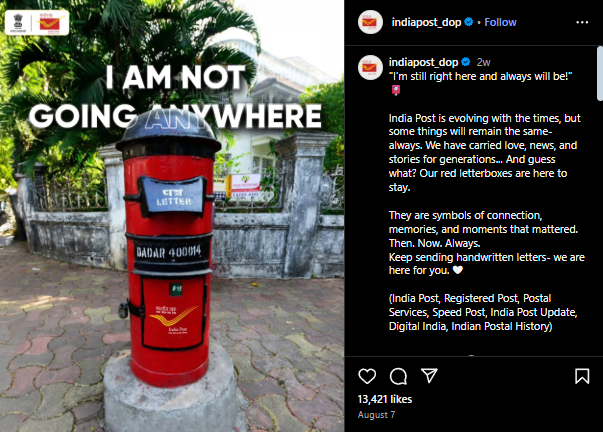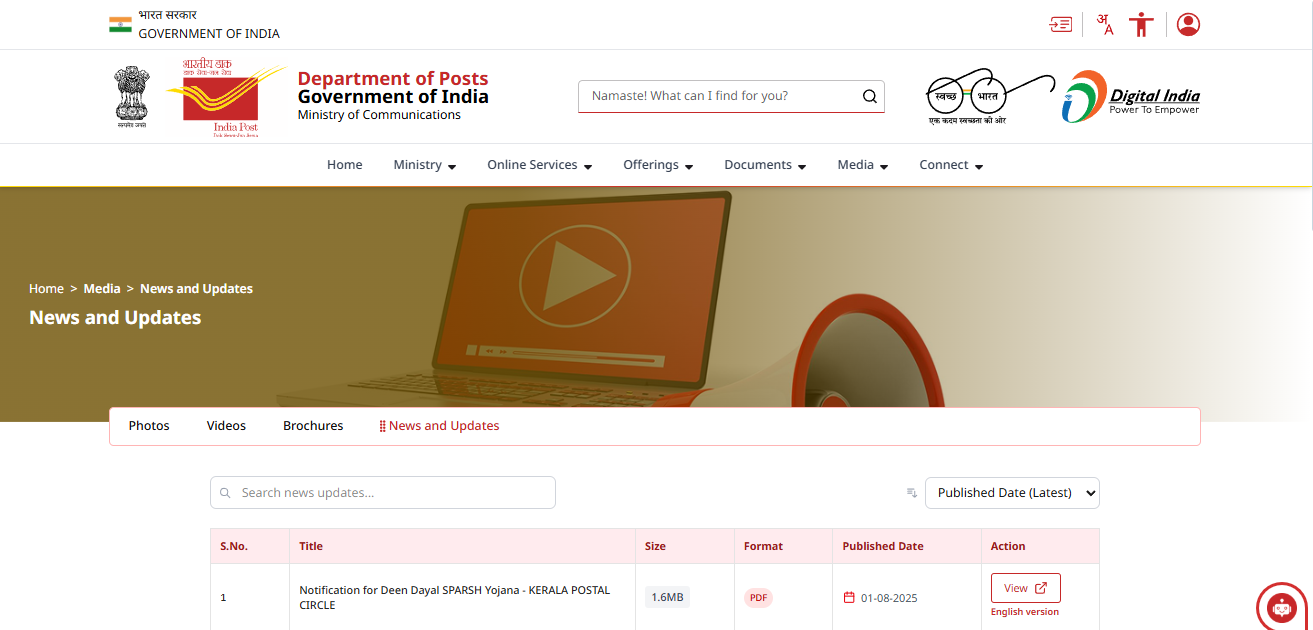Introduction
In the sprawling online world, trusted relationships are frequently taken advantage of by cybercriminals seeking to penetrate guarded systems. The Watering Hole Attack is one advanced method, which focuses on a user’s ecosystem by compromising the genuine sites they often use. This attack method is different from phishing or direct attacks as it quietly exploits the everyday browsing of the target to serve malicious content. The quiet and exact nature of watering hole attacks makes them prevalent amongst Advanced Persistent Threat (APT) groups, especially in conjunction with state-sponsored cyber-espionage operations.
What Qualifies as a Watering Hole Attack?
A Watering Hole Attack targets and infects a trusted website. The targeted website is one that is used by a particular organization or community, such as a specific industry sector. This type of cyberattack is analogous to the method of attack used by animals and predators waiting by the water’s edge for prey to drink. Attackers prey on their targets by injecting malicious code, such as an exploit kit or malware loader, into websites that are popular with their victims. These victims are then infected when they visit said websites unknowingly. This opens as a gateway for attackers to infiltrate corporate systems, harvest credentials, and pivot across internal networks.
How Watering Hole Attacks Unfold
The attack lifecycle usually progresses as follows:
- Reconnaissance - Attackers gather intelligence on the websites frequented by the target audience, including specialized communities, partner websites, or local news sites.
- Website Exploitation - Through the use of outdated CMS software and insecure plugins, attackers gain access to the target website and insert malicious code such as JS or iframe redirections.
- Delivery and Exploitation - The visitor’s browser executes the malicious code injected into the page. The code might include a redirection payload which sends the user to an exploit kit that checks the user’s browser, plugins, operating system, and other components for vulnerabilities.
- Infection and Persistence - The infected system malware such as RATs, keyloggers, or backdoors. These enable lateral and long-term movements within the organisation for espionage.
- Command and Control (C2) - For further instructions, additional payload delivery, and stolen data retrieval, infected devices connect to servers managed by the attackers.
Key Features of Watering Hole Attacks
- Indirect Approach: Instead of going after the main target, attackers focus on sites that the main target trusts.
- Supply-Chain-Like Impact: An infected industry portal can affect many companies at the same time.
- Low Profile: It is difficult to identify since the traffic comes from real websites.
- Advanced Customization: Exploit kits are known to specialize in making custom payloads for specific browsers or OS versions to increase the chance of success.
Why Are These Attacks Dangerous?
Worming hole attacks shift the battlefield to new grounds in cyber warfare on the web. They eliminate the need for firewalls, email shields, and other security measures because they operate on the traffic to and from real, trusted websites. When the attacks work as intended, the following consequences can be expected:
- Stealing Credentials: Including privileged accounts and VPN credentials.
- Espionage: Theft of intellectual property, defense blueprints, or government confidential information.
- Supply Chain Attacks: Resulting in a series of infections among related companies.
- Zero-Day Exploits: Including automated attacks using zero-day exploits for full damage.
Incidents of Primary Concern
The implications of watering hole attacks have been felt in the real world for quite some time. An example from 2019 reveals this, where a known VoIP firm’s site was compromised and used to spread data-stealing malware to its users. Likewise, in 2014, the Operation Snowman campaign—which seems to have a state-backed origin—attempted to infect users of a U.S. veterans’ portal in order to gain access to visitors from government, defense, and related fields. Rounding up the list, in 2021, cybercriminals attacked regional publications focusing on energy, using the publications to spread malware to company officials and engineers working on critical infrastructure, as well as to steal data from their systems. These attacks show the widespread and dangerous impact of watering hole attacks in the world of cybersecurity.
Detection Issues
Due to the following reasons, traditional approaches to security fail to detect watering hole attacks:
- Use of Authentic Websites: Attacks involving trusted and popular domains evade detection via blacklisting.
- Encrypted Traffic: Delivering payloads over HTTPS conceals malicious scripts from being inspected at the network level.
- Fileless Methods: Using in-memory execution is a modern campaign technique, and detection based on signatures is futile.
Mitigation Strategies
To effectively neutralize the threat of watering hole attacks, an organization should implement a defense-in-depth strategy that incorporates the following elements:
- Patch Management and Hardening -
- Conduct routine updates on operating systems, web browsers, and extensions to eliminate exploit opportunities.
- Either remove or reduce the use of high-risk elements such as Flash and Java, if feasible.
- Network Segmentation - Minimize lateral movement by isolating critical systems from the general user network.
- Behavioral Analytics - Implement Endpoint Detection and Response (EDR) tools to oversee unusual behaviors on processes—for example, script execution or dubious outgoing connections.
- DNS Filtering and Web Isolation - Implement DNS-layer security to deny access to known malicious domains and use browser isolation for dangerous sites.
- Threat Intelligence Integration - Track watering hole threats and campaigns for indicators of compromise (IoCs) on advisories and threat feeds.
- Multi-Layer Email and Web Security - Use web gateways integrated with dynamic content scanning, heuristic analysis, and sandboxing.
- Zero Trust Architecture - Apply least privilege access, require device attestation, and continuous authentication for accessing sensitive resources.
Incident Response Best Practices
- Forensic Analysis: Check affected endpoints for any mechanisms set up for persistence and communication with C2 servers.
- Log Review: Look through proxy, DNS, and firewall logs to detect suspicious traffic.
- Threat Hunting: Search your environment for known Indicators of Compromise (IoCs) related to recent watering hole attacks.
- User Awareness Training: Help employees understand the dangers related to visiting external industry websites and promote safe browsing practices.
The Immediate Need for Action
The adoption of cloud computing and remote working models has significantly increased the attack surface for watering hole attacks. Trust and healthcare sectors are increasingly targeted by nation-state groups and cybercrime gangs using this technique. Not taking action may lead to data leaks, legal fines, and break-ins through the supply chain, which damage the trustworthiness and operational capacity of the enterprise.
Conclusion
Watering hole attacks demonstrate how phishing attacks evolve from a broad attack to a very specific, trust-based attack. Protecting against these advanced attacks requires the zero-trust mindset, adaptive defenses, and continuous monitoring, which is multicentral security. Advanced response measures, proactive threat intelligence, and detection technologies integration enable organizations to turn this silent threat from a lurking predator to a manageable risk.
References














